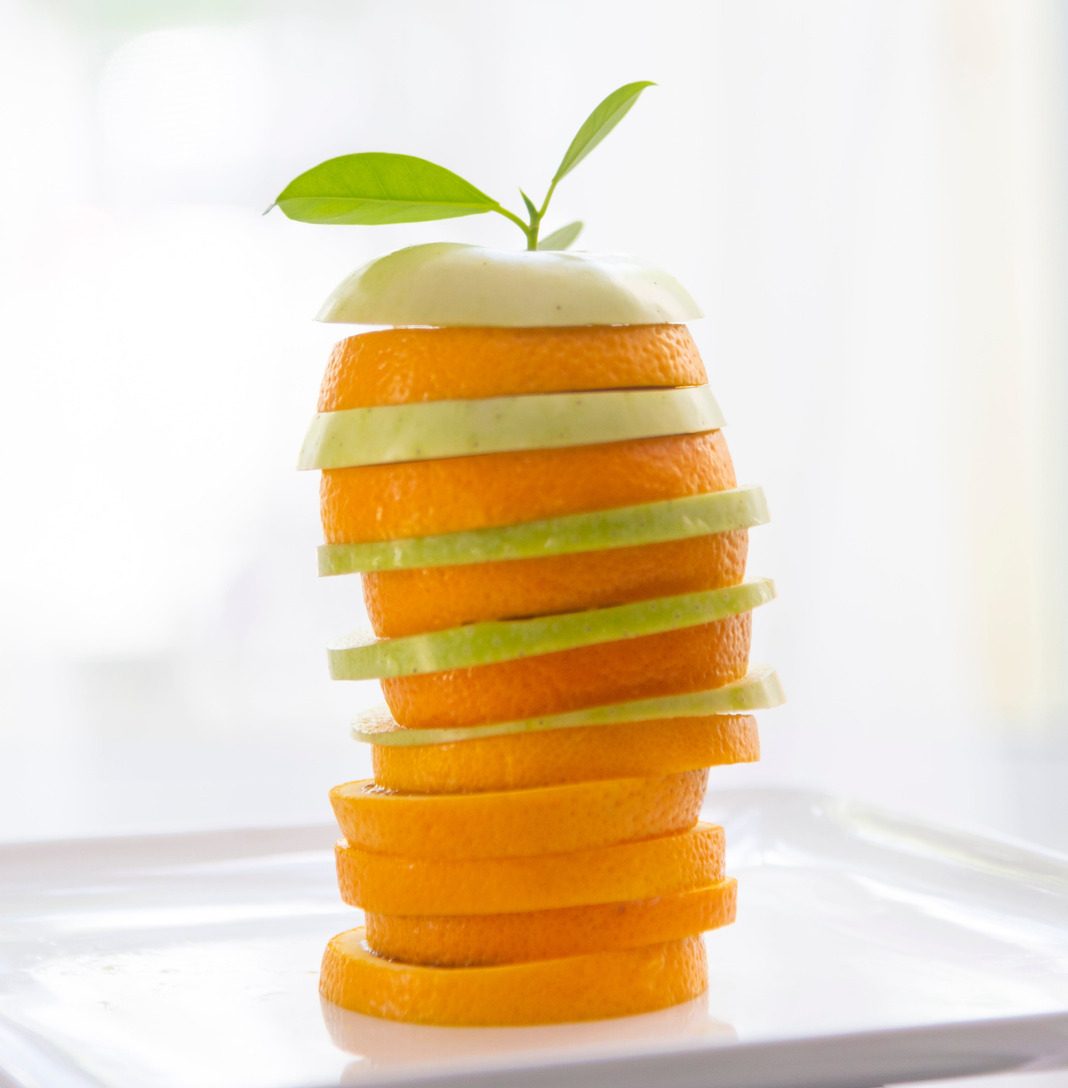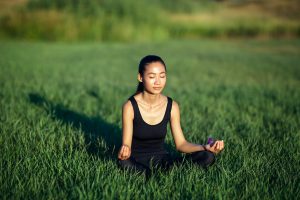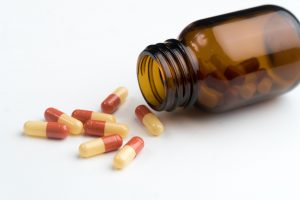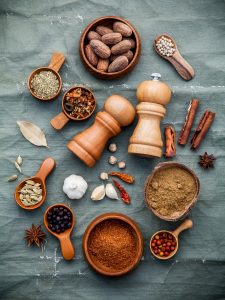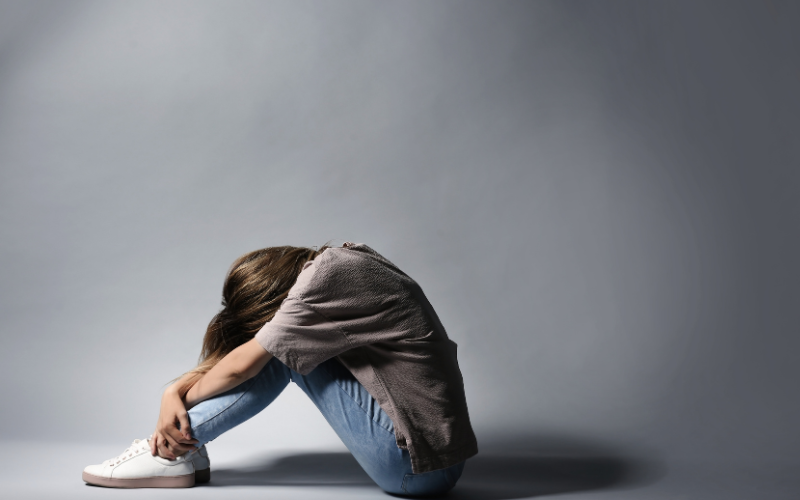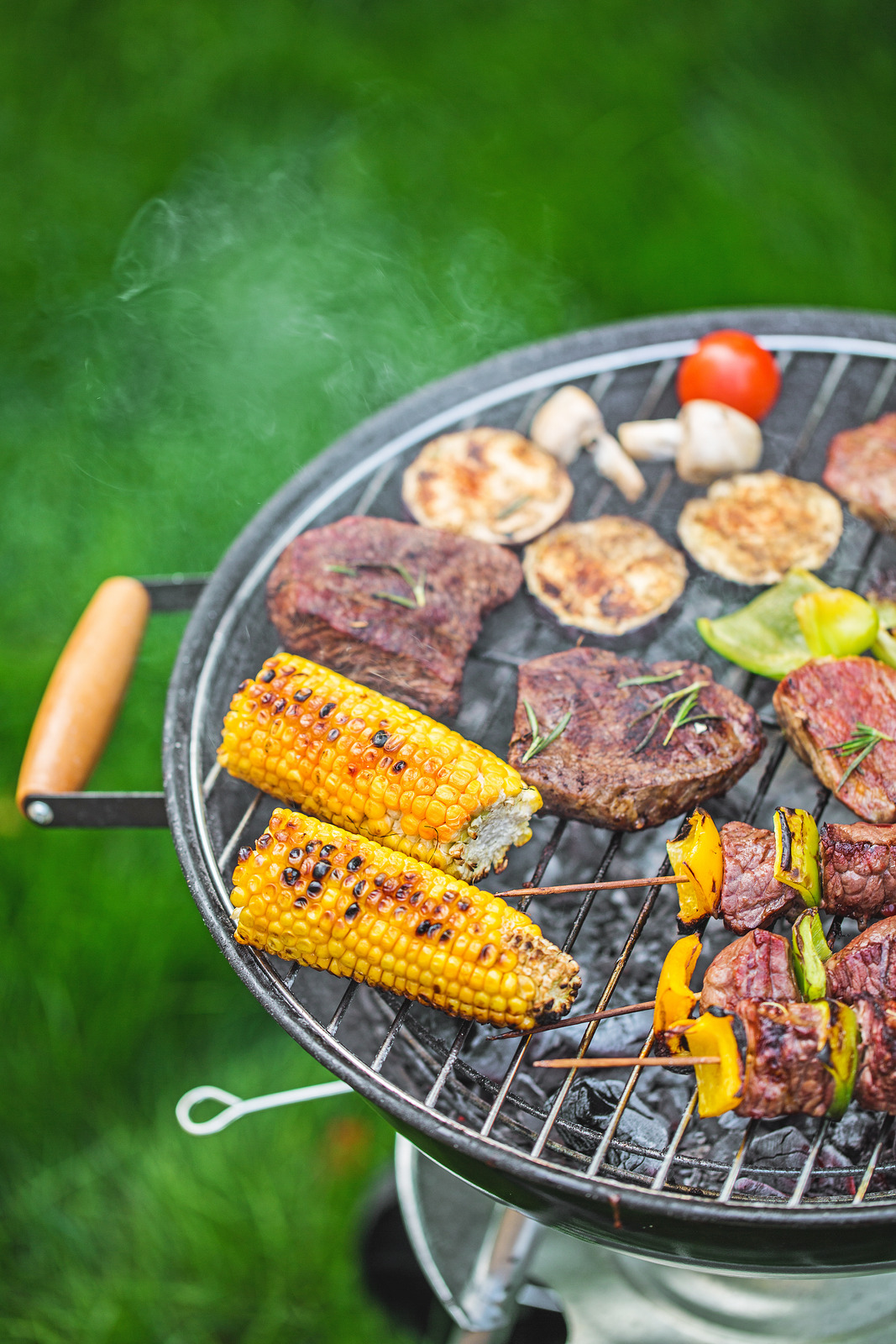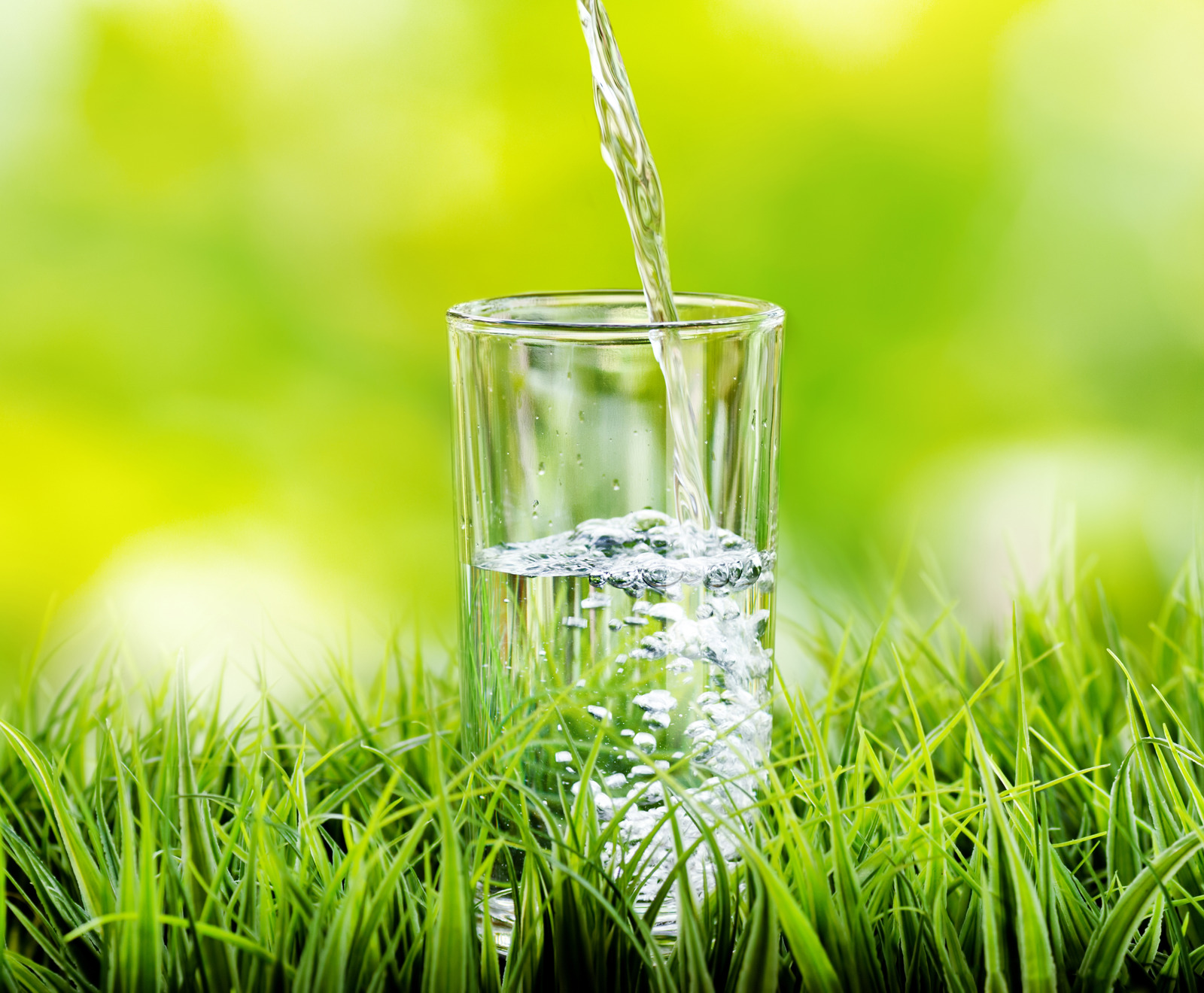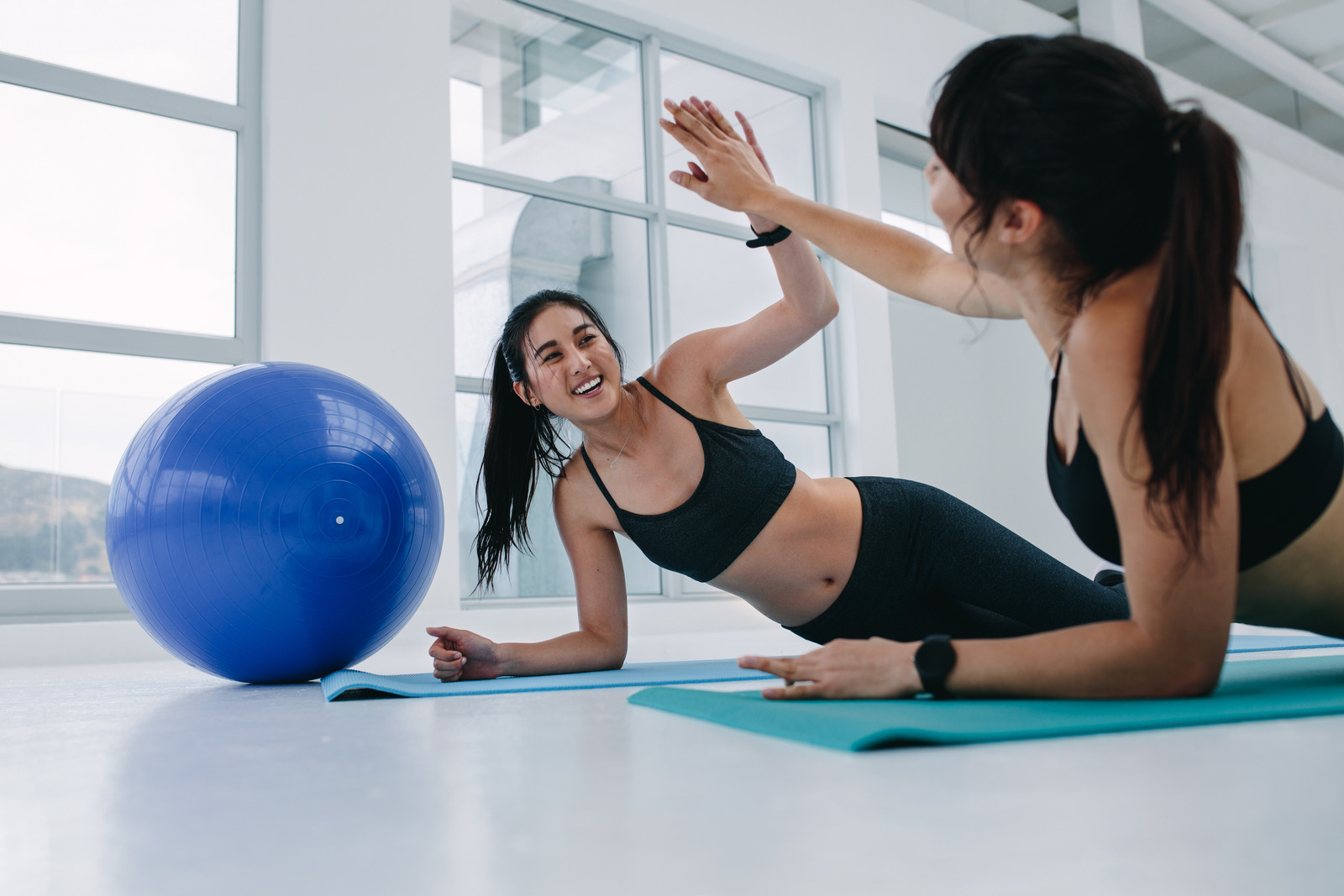Especially with the pandemic still looming, being healthy with a strong immune system may be more in the forefront of our minds. Sure, “diet and exercise” is commonly touted as the route to good health. But what else can we do, especially when we’re already eating well-ish and hitting the (home) gym regularly?
Sleep
Lack of sleep is associated with infections. Additionally, lower antibody response to vaccination has been found with sleep deprivation.
- Sleep at least 7 hours a night. While the optimal amount may be different for everyone, 7-8 hours may be the sweet spot.
- Focus on the long term! Chronic sleep loss is more of a problem.
- Be asleep by 11pm to allow the body’s natural circadian rhythm to rejuvenate & restore.
Stress Management
Stress increases cortisol, which can lower the immune system. This elevation in cortisol can also inhibit sleep, hence creating a negative cycle.
- Meditate..a lot of us cannot find time or do not want to meditate. That’s ok! There are plenty of other ways to decrease stress.
- Do something you enjoy. Look for inspiration from your childhood. Think hobbies like painting, puzzles, games.
- Get in touch with nature or bring some greenery indoors.
- Write in a journal – there are many published guides that walk you through each page.
- Physical touch – give someone a hug!
- Be mindful of your thoughts – think positive!
- Use essential oils that help with stress, such as lavender. Add 10 drops to a warm bath, diffuse or apply directly to skin.
Supplements
Ideally, we get all our nutrients from food sources, but sometimes taking a supplement could provide nutritional insurance. Vitamin D modulates our immune response and deficiency is associated with an increased susceptibility to infection. Vitamin C, widely popularized for its immune boosting potential, may help prevent infections. Many multivitamins contain zinc and selenium, which are key nutrients for immune function.
- Vitamin D: 2,000 units – 5000 units per day have been recommended, but ideally levels are obtained for optimal dosing. While toxicity is possible, potential is low especially at these lower doses where benefits outweigh the risks.
- Vitamin C: 1 – 2 grams per day
- Multivitamins are a good method for nutritional insurance in case there are any gaps in the diet. Note that vitamins D and C are often present, though at lower doses than mentioned above.
Spices
Many spices have antiviral, antibacterial and/or immune boosting potential. Use the following spices in cooking, baking, or add to teas or smoothies:
- cinnamon
- ginger
- black pepper
- turmeric
- cumin
- coriander
- clove
- garlic
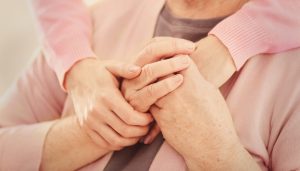
Socialization
Lack of socialization has been found to contribute to poor health and increase inflammation.
- While more challenging during a pandemic, try to seek real connection with friends and family.
- Perform random acts of kindness.
- Reach out to those who are elderly in your life, a population where social isolation has become a true health crisis.
- Social media may make us feel more isolated – be mindful of how it makes you feel and change your content if needed.
Consider all of these – sleep, stress management, supplements, spices, socialization – or pick a few to work on. As in all aspects of health, our immunity is on a continuum. The more we work on it, the stronger it gets.
